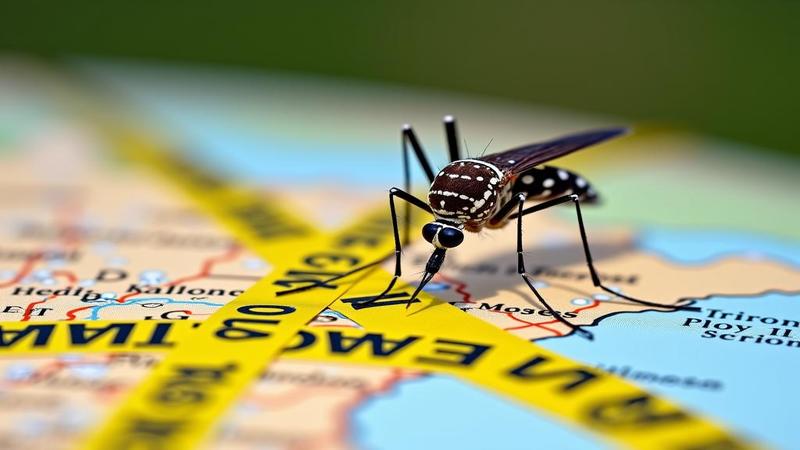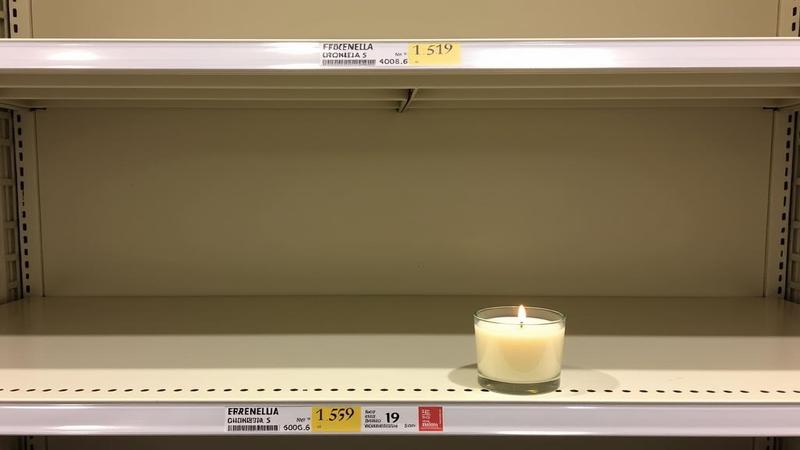Minnesota Issues West Nile Alert; Mosquitoes Deny Involvement, Hire Lawyers

Minnesota issued a West Nile alert today after officials confirmed two fatalities, the sort of grim metric that turns a nuisance into a headline. The state’s mosquitoes, long content with casual snacking, have apparently entered their disruptive startup phase: BiteHub, now with onboarding, mentoring, and a loyalty program.
At the press conference, health leaders asked residents to dump standing water and use repellents, while a mosquito in a tiny suit whispered to a reporter, “No further questions until my client sees the epidemiology.” The podium remained sticky after the mosquito filed a motion to adjourn dusk.
West Nile, a mosquito-borne virus discovered last century, does not care about cabin season; it cares about dusk, warm nights, and puddles with managerial ambition. Officials noted most infections are mild, but severe illness can occur, especially among older adults and those with certain health conditions—because mosquitoes read risk profiles like bedtime stories.
The guidance was sensible and aggressively unsexy: wear long sleeves, use EPA-registered repellents, fix screens, and stop letting your ankles audition as tapas at twilight. Also, please do not attempt homemade “holistic fogging” with artisanal campfire smoke; Minneapolis already has one air.
Residents responded with great Midwestern efficiency, sprinting down store aisles to grab lemon eucalyptus insect repellent spray like it was the last lifeboat on the S.S. Patio. By noon, shelves were emptier than a mosquito’s ethics module.
Meanwhile, homeowners staged a renaissance of practical solutions, wrestling porch windows like slippery carp and applying self-adhesive window screen repair kit patches with the trembling precision of bomb defusal experts. Every successful patch received the ceremonial whisper, “Not today, tiny vampire.”

In a rare public statement, Mosquitoes Local 737 insisted they are “pollinators with dreams.” Their negotiating demands include later sunsets, warmer puddles, and a respectful silence when you slap yourself in the dark and miss.
Because this is Minnesota, someone brought charts. Trials show citronella candles perform like scented coasters, while actual repellents and screened windows do the adulting. One meta-analysis concluded, “Citronella: smells like hope, performs like vibes.”
Officials quashed rumor therapy: dryer sheets, magic copper bracelets, and optimistic energy fields do not repel insects; they repel evidence. The things that do work—emptied containers, proper screens, sensible clothing, and repellents—will not get you likes, but they might get you through August.
Cities are draining decorative thimble-lakes, sending stern notes to birdbaths, and encouraging residents to quit hosting standing-water speakeasies behind garages. Park signage now reads: “Welcome to the land of 10,000 lakes; please stop adding 10,001 in your wheelbarrow.”
Health officials asked residents with persistent fever, headache, or confusion to contact a clinician, which is the medical term for “person who doesn’t think a tiki torch is an intervention.” Emergency care is recommended for severe symptoms, because the only thing worse than mosquito drama is untreated mosquito drama.
As the alert continues, the state elevated its advisory level from Uff Da to Uff Don’t. The mosquito lawyer promised to appeal, then landed on my elbow and billed me for lunch, travel, and incidentals—mosquito for per diem, West Nile for the punchline.
